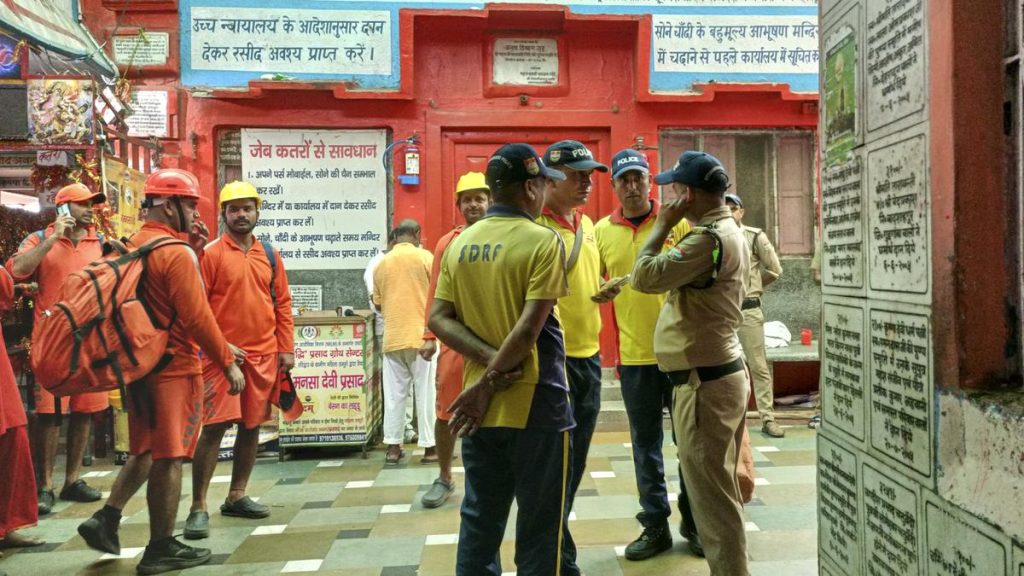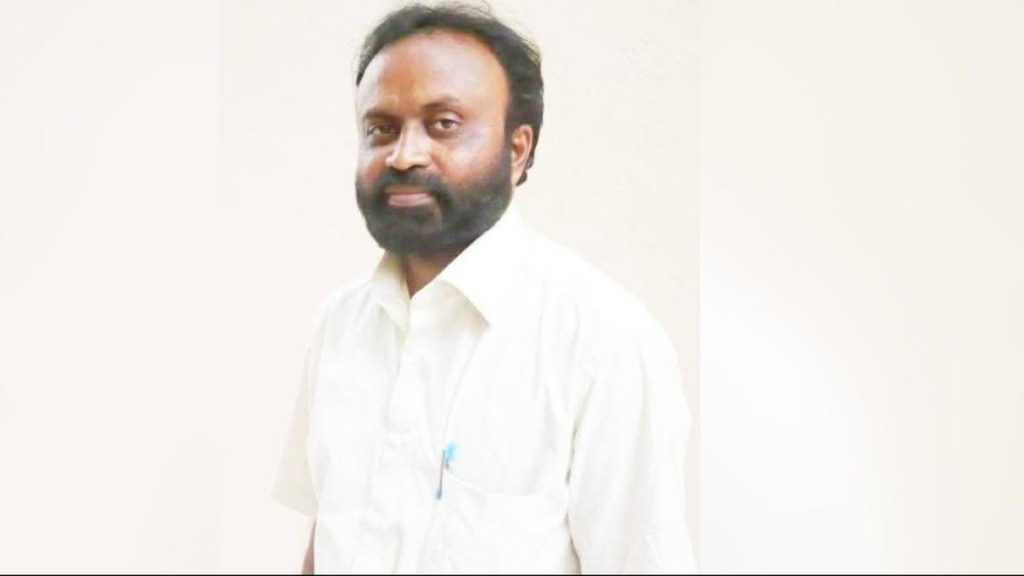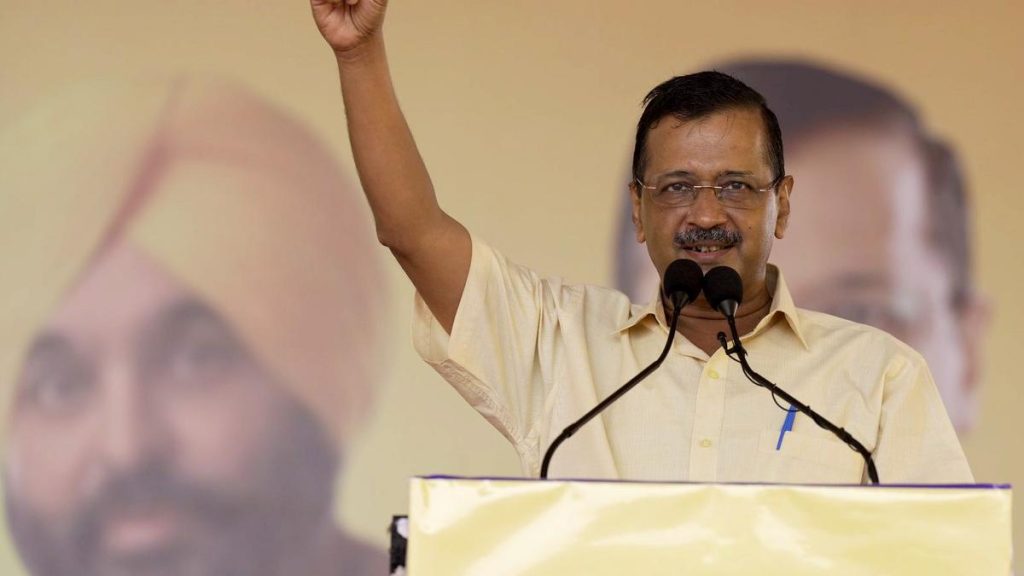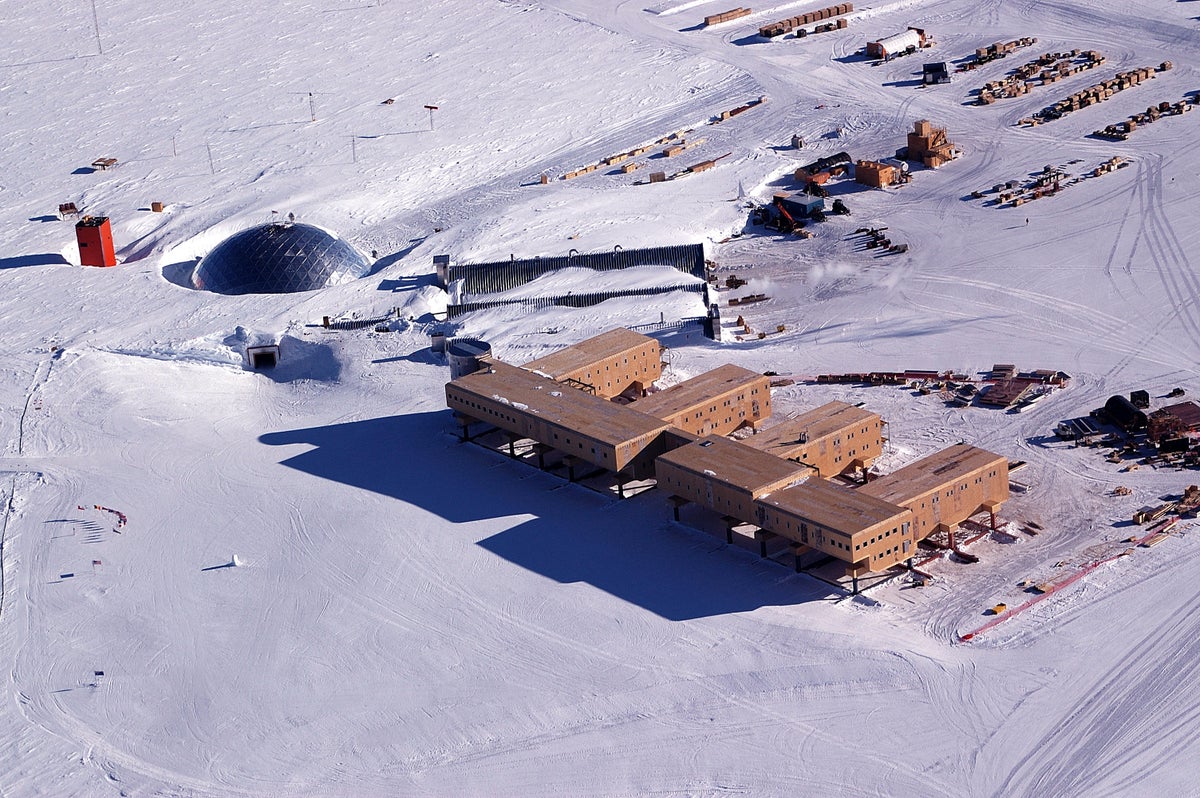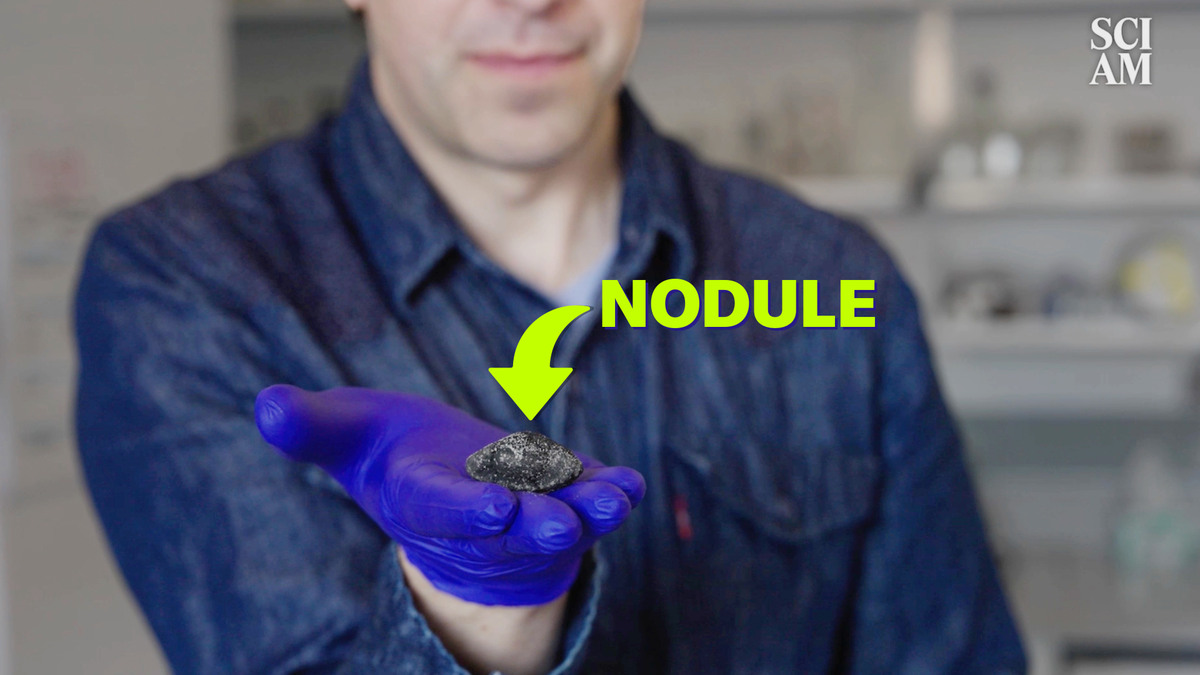Now Reading: Gravitational Wave Research Hit by Budget Cuts After Decade of Breakthroughs
-
01
Gravitational Wave Research Hit by Budget Cuts After Decade of Breakthroughs
Gravitational Wave Research Hit by Budget Cuts After Decade of Breakthroughs
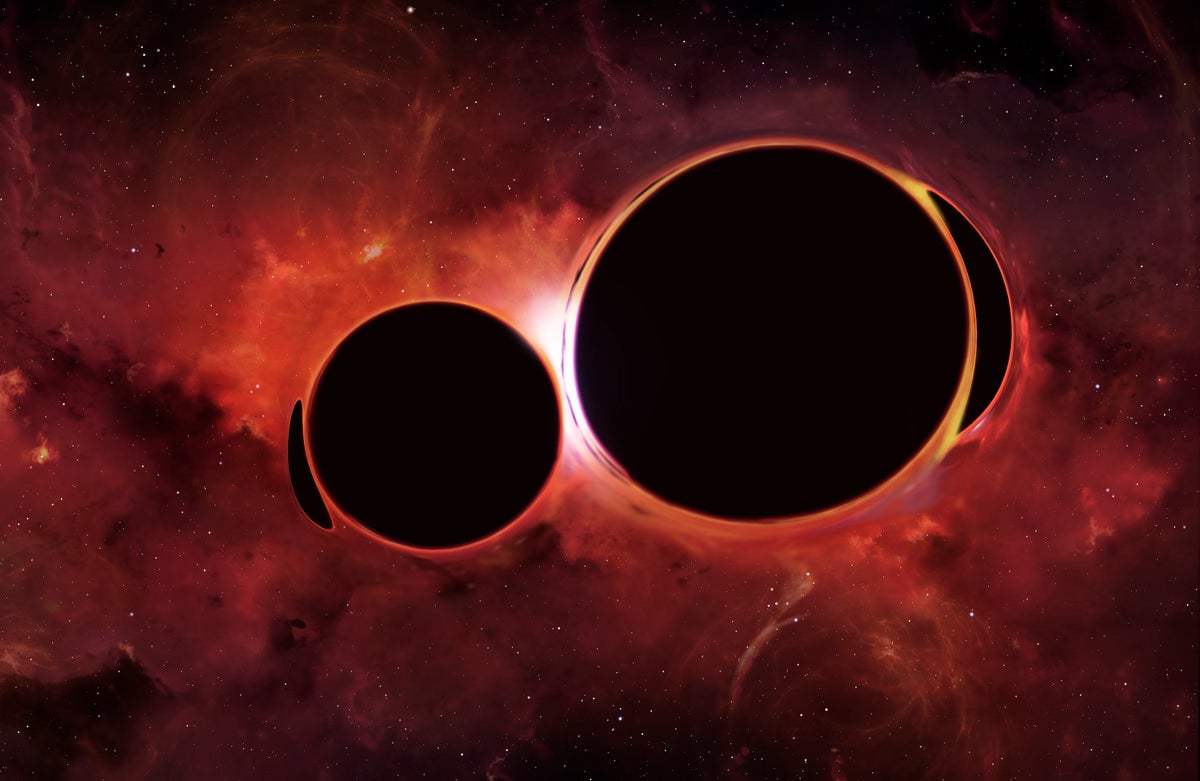
Rapid Summary
- Gravitational waves, ripples in spacetime, were first detected by LIGO on September 14, 2015. Since then, over 300 events have been observed.
- The field has unveiled unexpected populations of black holes and led to discoveries such as the most massive merger of black holes observed in July 2023.
- Gravitational-wave astronomy relies on global collaborations with detectors in Italy (Virgo) and Japan (KAGRA). It tests theories of general relativity, measures cosmic expansion, and enhances our understanding of star life cycles.
- LIGO’s innovations have advanced quantum technologies with applications in microelectronics and quantum computing.
- Proposed budget cuts under the Trump administration threaten to reduce NSF funding drastically-impacting LIGO operations and likely shutting one U.S. detector down.
- A single operational detector would cut detection rates by up to 80% due to reduced observational range and diminished ability to confirm signals from noise or triangulate event locations for telescope follow-ups.
- Cuts also jeopardize future U.S.-led projects like the Cosmic Explorer while terminating support for European missions such as LISA. This could led to global scientific leadership shifting towards Europe or China.
Indian Opinion Analysis
India is actively building its own gravitational wave observatory as part of an effort to contribute meaningfully to this field-a move that has long-term potential if supported properly. Budget cuts impacting flagship projects like LIGO highlight a broader trend where foundational science faces increasing financial uncertainty despite its transformative impact globally. For India,this underscores an possibility but also a cautionary lesson: robust investment in scientific infrastructure must remain insulated from short-term political shifts that risk undermining long-term revelation.Gravitational-wave research has already bridged gaps between engineering advancements like quantum technologies-fields crucial even outside astronomy-and basic astrophysics insights shaping our understanding of the universe itself. With global participation becoming more essential for breakthroughs (e.g., cross-border collaborations), India should prioritize timely completion of its observatory project while ensuring collaborative frameworks with international teams are strengthened.
India’s emerging role in space-based sciences underscores why maintaining momentum remains critical amidst larger disruptions abroad. Proactive leadership anticipates new windows open even when older ones face closure elsewhere.


